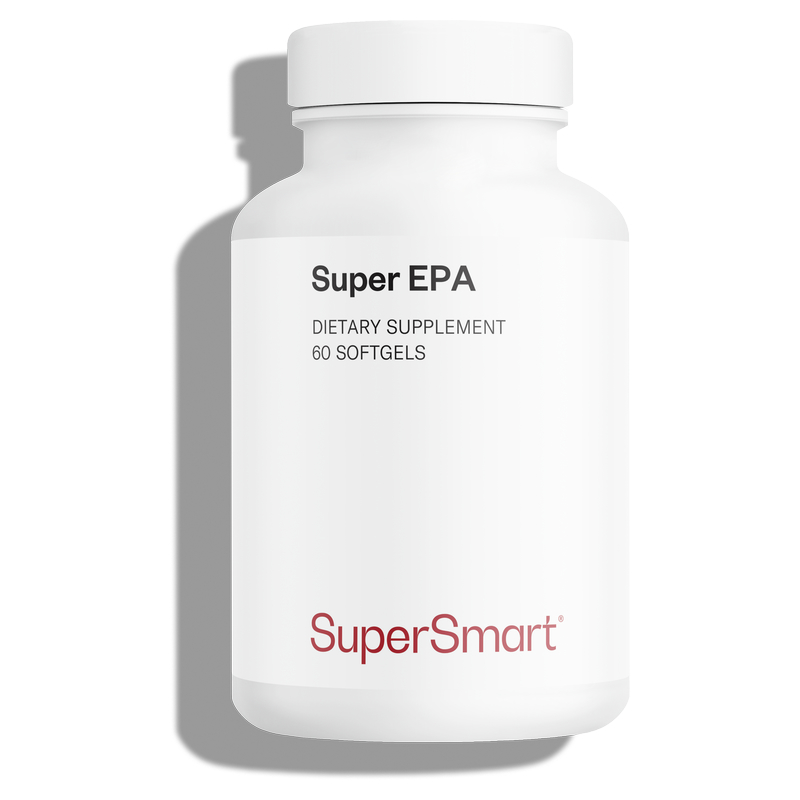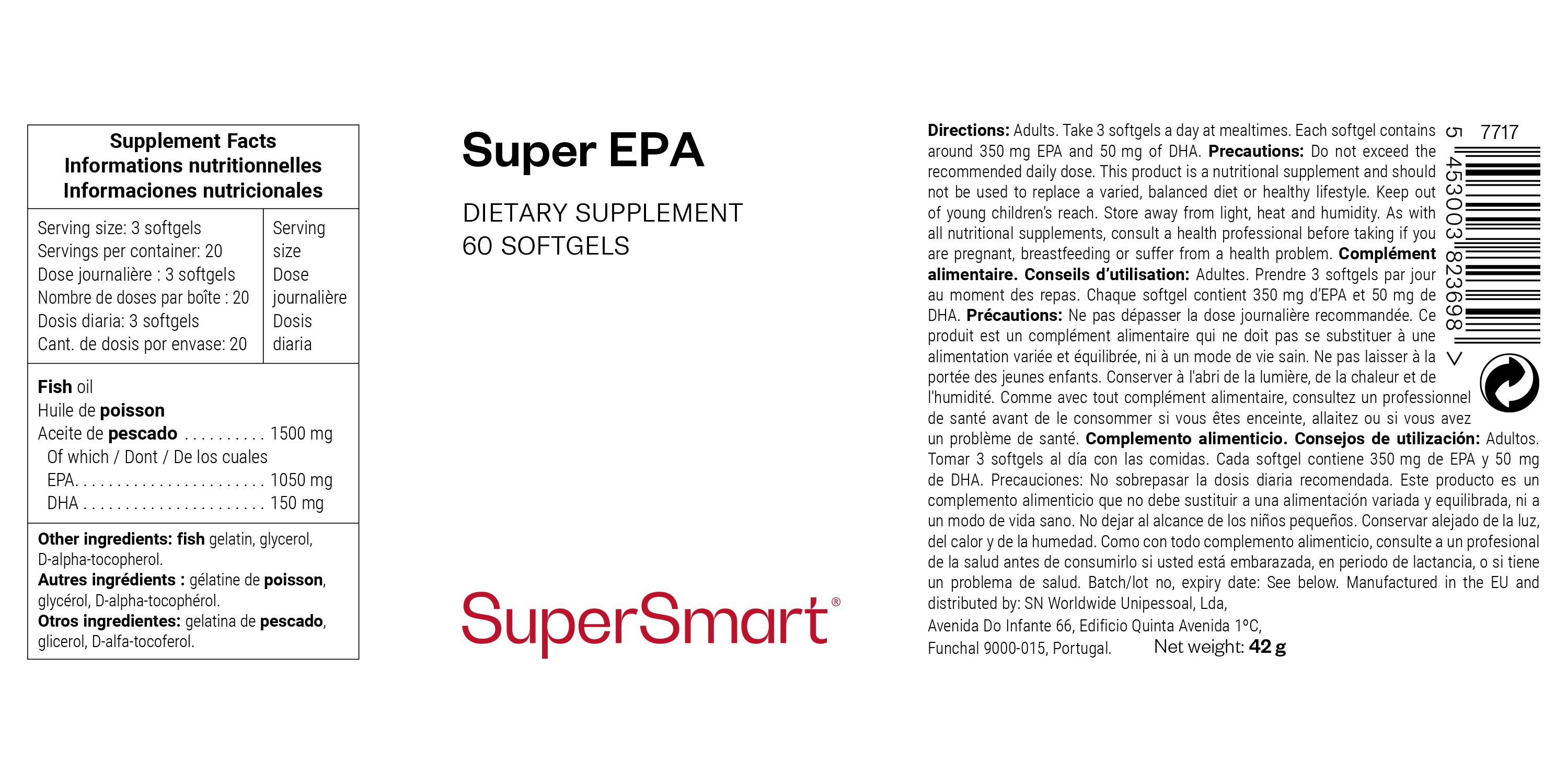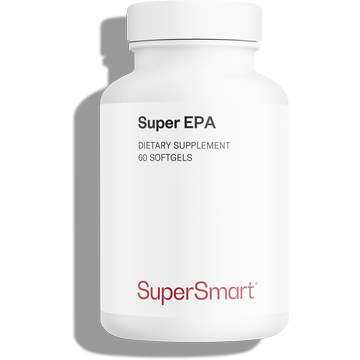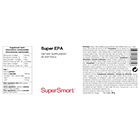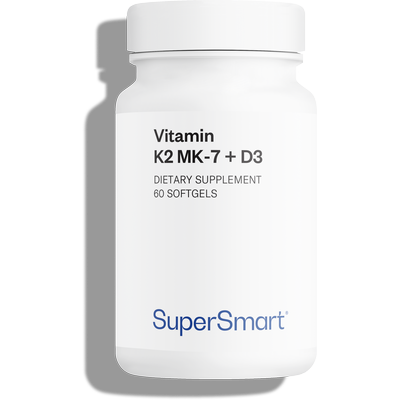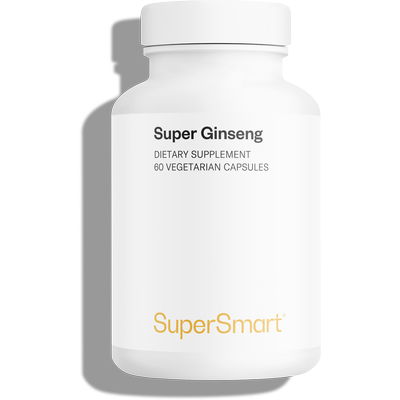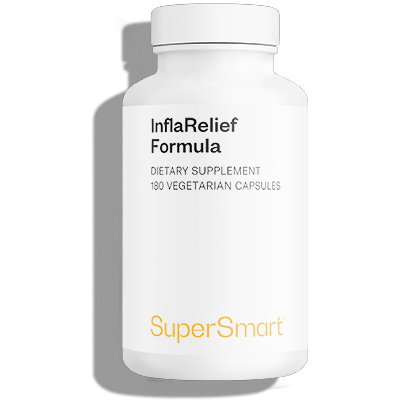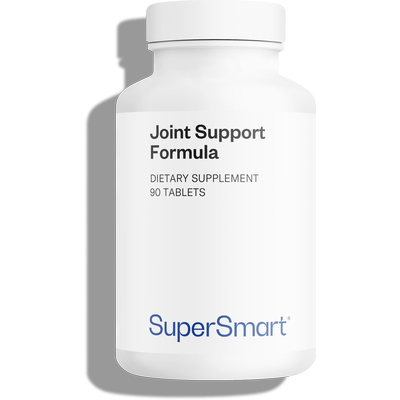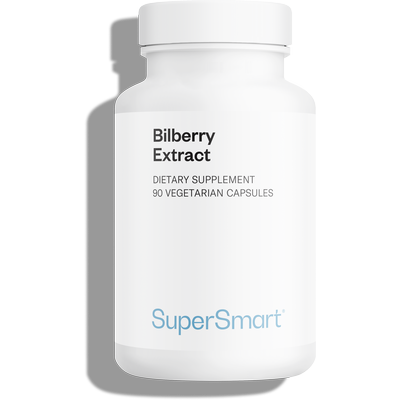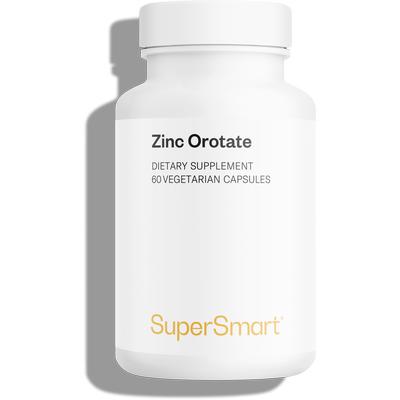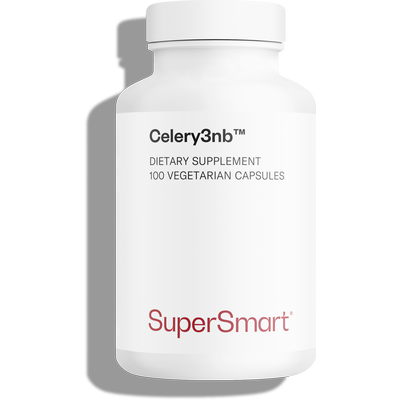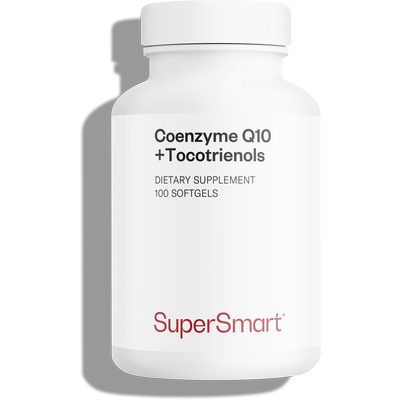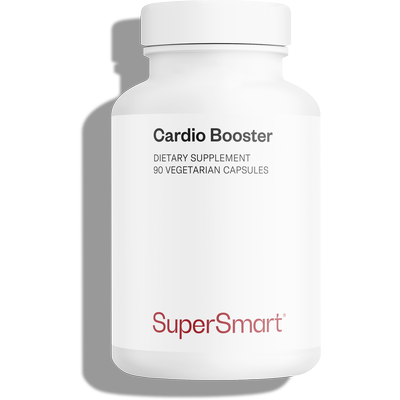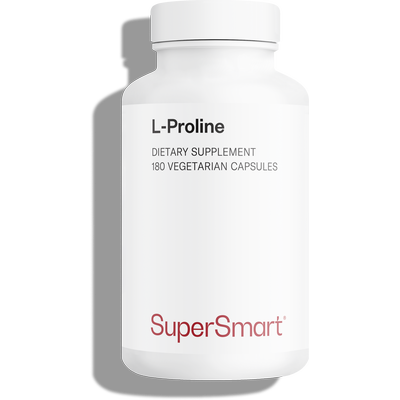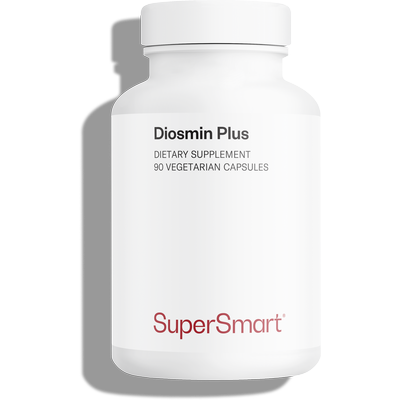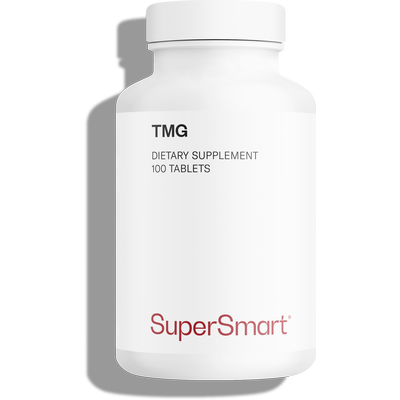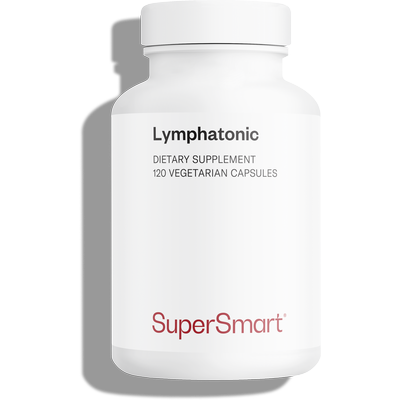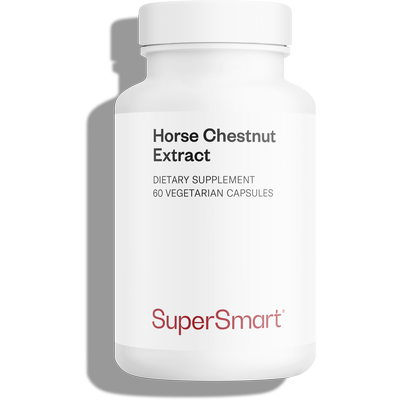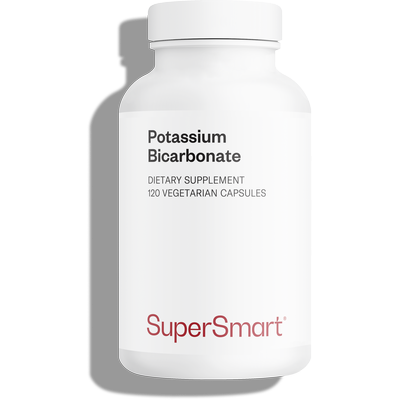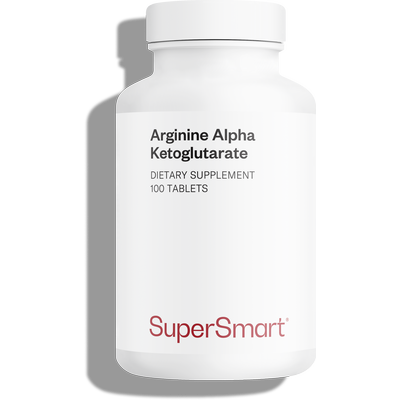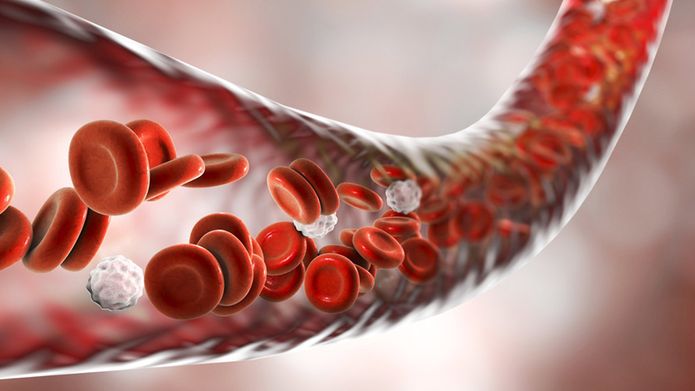Complete your selection
Super EPA is a natural omega 3 supplement with EPA (eicosapentaenoic acid) and DHA (docosahexaenoic acid).
Why is it important to supplement with omega 3?
Supplementation provides powerful, scientifically-proven cardiovascular protection as well as significant anti-inflammatory benefits, particularly for arthritis sufferers. In addition, supplementing with omega 3 significantly improves capacity for learning and memorising.
DHA is the main component of brain cell membranes, who's benefits together with omega 3 essential fatty acids, have been recognised for some time: (see Super Omega 3 and Super DHA, also available to buy at Supersmart). Supplementation has become essential since a growing reliance on farmed fish, as well as modern cooking methods, means you would have to eat 900g sole a day to obtain an adequate amount of omega 3. Eicosapentaenoic acid (EPA) has long been used to treat hypertriglyceridaemia and hypercholesterolaemia, but new applications for EPA are now emerging.
What are the other benefits associated with Super EPA?
In his book 'Guerir' ('The Instinct to Heal'), David Servan-Schreiber recommends specific EPA supplementation for people suffering from depression or emotional instability. His recommendations are based on several scientific studies:
- Levels of EPA are lower in those with depression than normal people. The greater the deficiency, the more severe the symptoms.
- Fewer cases of depression are found where diets contain more omega 3.
- A number of clinical studies show a rapid and significant improvement in symptoms of depression following a few weeks' EPA supplementation including among patients who have failed to respond to conventional treatments.
- Harvard study on women with unstable, difficult mood swings found that after 8 weeks' supplementation, they experienced a significant improvement in mood, and were much less aggressive and more sociable.
Buy Super EPA to support cardiovascular health.
What is in Super EPA
Any questions?
Our team of nutrition experts and scientists has the answers.
This product’s softgels are of marine origin. Made from fish gelatine, they ensure optimal uptake and are notable for their outstanding purity.
february 11 2026
si on avale pas vite il y a un goût de poisson
january 29 2026
Pas assez de recul
january 26 2026
très satisfaisant !!!
february 12 2025
Solo dos meses de caducidad no es aceptable
Only two months of expiration is not acceptable
 see the translation
Translated by SuperSmart - see the original
see the translation
Translated by SuperSmart - see the original
november 19 2024
Need help?
You may also like
of experience
your money back
##montant## purchase

